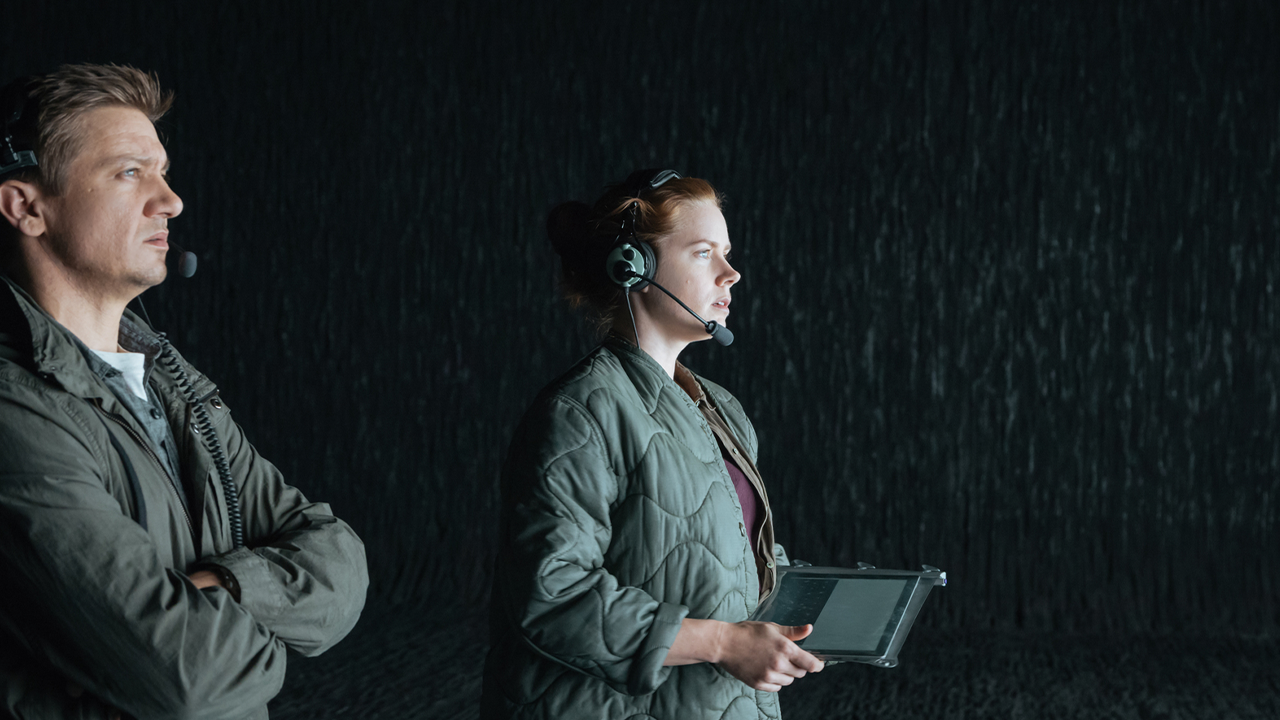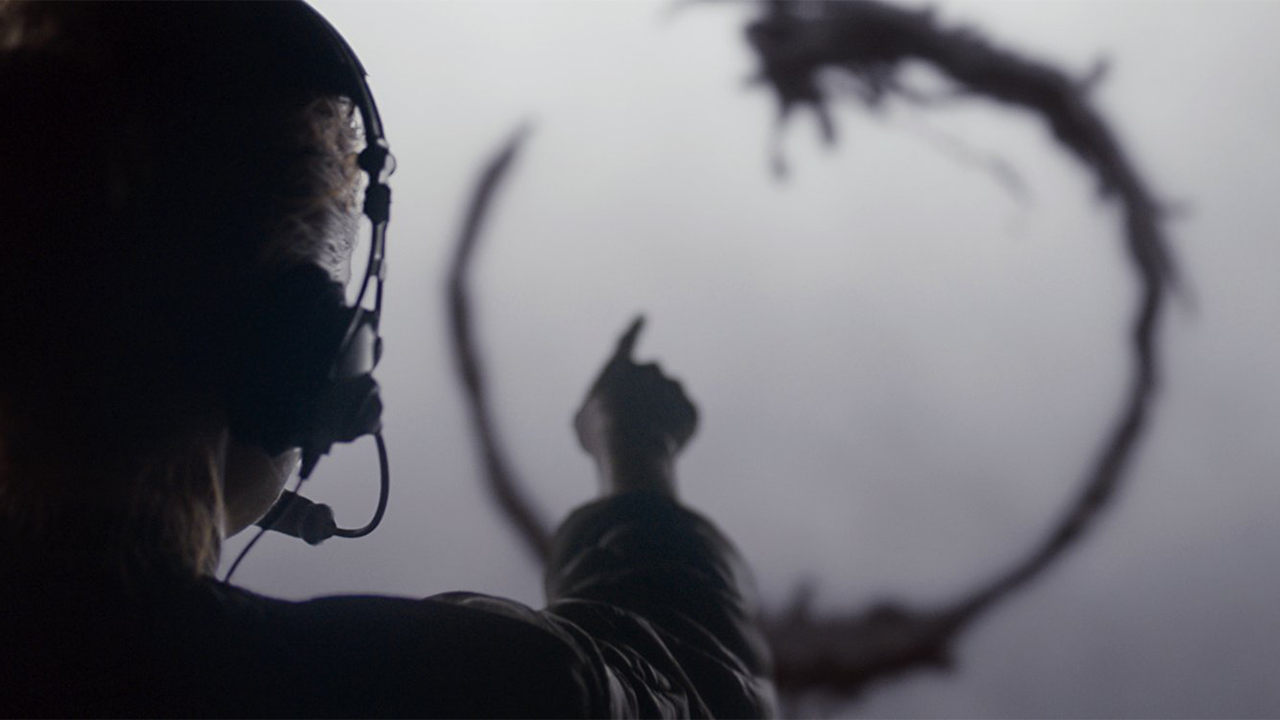What makes science fiction films special is the portrayal of unimaginable scientific phenomena. The category merges the physical world with the supernatural to raise questions about science’s unsolved mysteries. Technology however has increased special effects and futuristic features in these films, resulting in a rise in popularity and success in this genre of film.
Many even today wonder about the existence of alien and how will mankind’s first contact with them be. Denis Villeneuve’s film Arrival is one such story of first contact.
The movie Arrival has destruction and doomsday warnings lurking around every corner, yet the concept of extra-terrestrial life has been handled so brilliantly that the focus of the film has turned to more thought-provoking and sophisticated notions like language and time. The cinematic genius of Denis Villeneuve can be clearly seen by how the viewers are captured into the plot from the beginning.

The magic of the film begins with 12 monolithic alien ships mysterious arriving on Earth and positioning themselves around the globe, hovering over different countries, creating fear and panic amongst the masses. This gives a picture of another alien invasion in the minds of the audience but its quickly wiped out and a new perspective is put in with the introduction of the main characters. Colonel Weber (Forest Whitaker) is send to deal with the possible threat and collegiate linguist Dr. Louise Banks (Amy Adams) is given the daunting task of understanding and communicating with the aliens, eventually to be called Hetapods.
They appear to be able to interact with their foreign visitors, who speak or converse in an advanced symbiotic ink-based language, making their ultimate purpose for landing on Earth ambiguous and difficult to interpret. They are gradually learning the basics of talking with aliens, but a conflict erupts as global leaders lose patience with the Hetapods’ presences, fearing that these aliens are here to wipe the humanity out.

It’s a race against time as they strive to find out what the aliens’ visit means. The film’s non-leaner editing takes us on a journey as Louise battles with a cryptic mind-bending message that resurfaces as a result of her interaction with the Hetapods. These flashes of scene may seem out of place and confusing at the time but all seems to connect the end of the movie as the audience find all the answers they are looking for.
Arrival with its intelligent script adds a different colour pallet to the world of alien films and challenges our perceived notion of life outside our world. The film won the Oscar for Best Sound Editing and was nominated for Best Picture, Best Director, Best Adapted Screenplay, Best Sound Mixing, Best Cinematography, Best Film Editing and Best Production Design at the Academy Awards.
Image courtesy IMDb



















